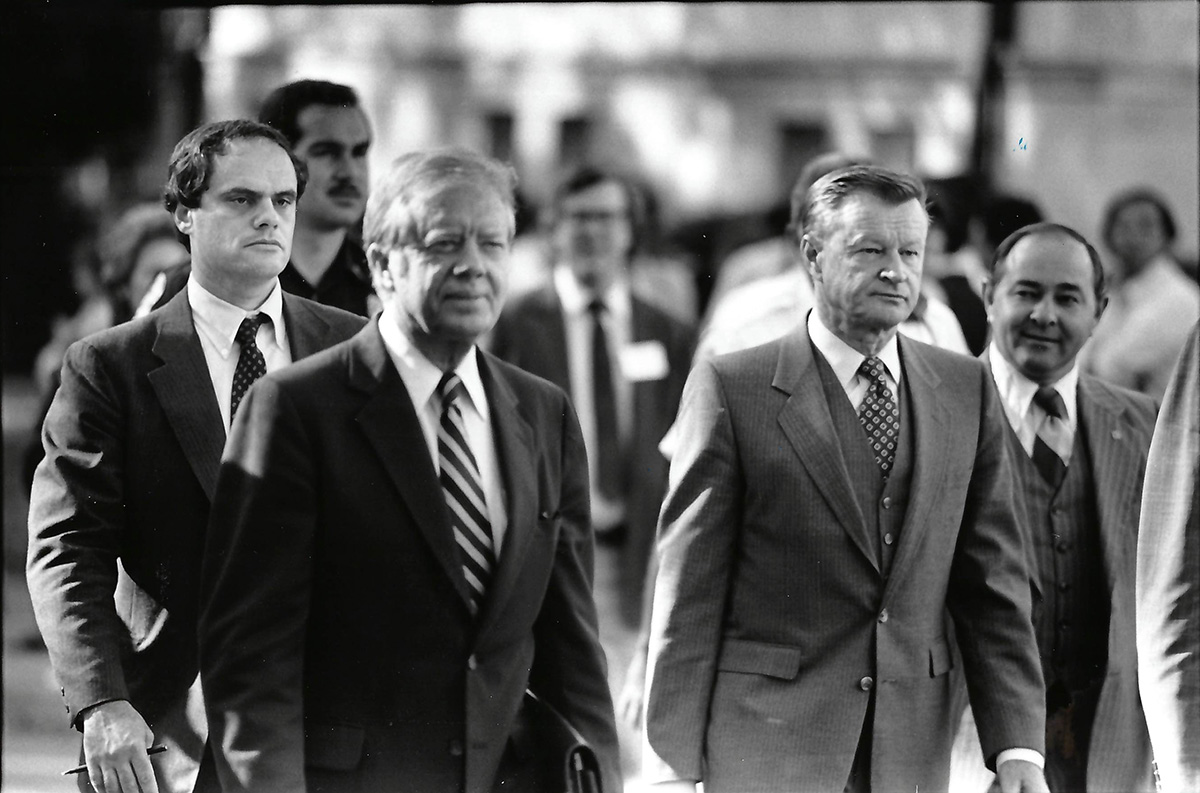
Kenneth Stein is Emeritus Professor of Contemporary Middle Eastern History, Political Science, and Israel Studies at Emory University and President of the Atlanta-based Center for Israel Education. He is the author of The Land Question in Palestine, 1917–1939 (1984) and Heroic Diplomacy: Sadat, Kissinger, Carter, Begin, and the Quest for Arab–Israeli Peace (1999). From 1982 to 2006, while teaching at Emory, he was an adviser to former President Jimmy Carter on Middle Eastern matters. Stein co-wrote with Carter The Blood of Abraham (1984). Stein and Carter spent hundreds of hours in private discussions about the Middle East, including on three major trips to the region in the 1980s. Just after the publication of Carter’s Palestine: Peace Not Apartheid, Stein resigned from the Carter Center and ended his association with the former president.
Carter’s Personal and Foreign Policy Pathology
Jimmy Carter is the longest surviving former president in American history. As the thirty-ninth president, he held office from 1977–81. Among the fourteen American presidents since the end of World War II, Carter is one of four (Ronald Reagan, Bill Clinton, George W. Bush, and Trump) who came to office with limited foreign policy experience. When Carter entered the White House, he knew less about international affairs than perhaps any president since Calvin Coolidge (1923–29). To his credit, however, he was highly adept at grasping detail and understanding intricate operational plans; he read voraciously and absorbed copious amounts of information easily. Unfortunately, Carter often saw big issues in black and white. He had the crisp mind of an engineer and saw most projects as having a beginning, a middle, and an end.
